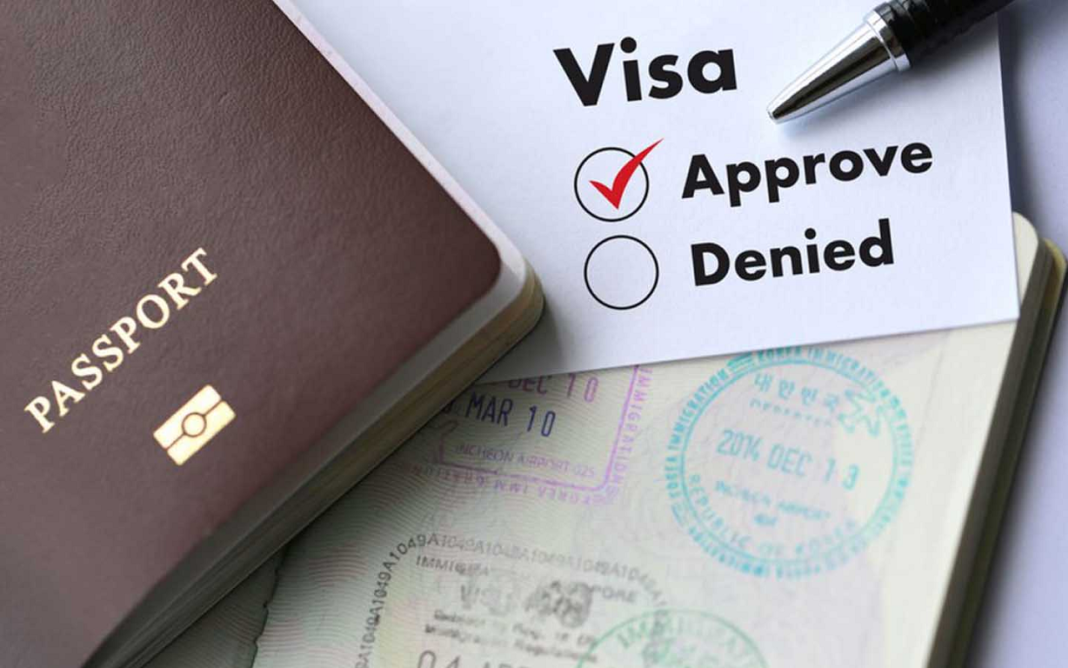Passport and visa are probably the most frequently used phrases in the travel jargon. A passport is required for traveling outside of a country. Every year, each country’s passports are ranked according to their authority. However, many individuals still confuse a visa with a passport, which are two independent papers that are both necessary when traveling overseas.

Some nations have visa agreements that enable their residents to travel visa-free, but in most situations, anybody traveling to some other nation must have a passport.
What is a Passport?
A passport is documentation issued by the national authority to a citizen of another country. A passport is a kind of identification that includes a person’s name, birthdate, nationality, gender, and residence. A passport’s task is to determine the document’s bearer. The navy blue regular passport for Indians must be updated after ten years.
Types of Passport
- A regular passport
- A service passport
- A diplomatic passport
- Emergency passports
- Collective passports
- Family passports
What is a Visa?
A visa, on the other hand, is an official permit granted by one nation to a passport bearer from some other country prior to their travel to the home country. A visa is a brief and temporary permit that allows a passport holder to visit a country other than those for which he or she possesses a passport.
Types of Visa
- Tourist visa
- Transit visa
- Business visa
- Medical visa
- Student visa
- Work visa
- Working holiday visa
- Pilgrimage visa
- Retirement visa
- Immigrant visa
Difference between Passport and Visa
The primary distinction between a visa and a passport is that passports are granted by your resident country’s government and allow you to travel to and fro from the country of your residency. Visas, on the other hand, are issued by a foreign country’s government and enable you to visit their country for a prescribed duration.
An additional distinction is that in order to apply for and acquire a visa, you must have a passport. A visa is often connected to the same passport used to execute the application procedure. When you change your passport, an authorized visa normally expires, and you must request a new one so that you can resume traveling to your location.
Conclusion
The necessity for a visa in addition to a passport is determined by your citizenship country and destination country. Some nations do not necessitate a visa for a brief stay for leisure, commuting, or commercial purposes. You can enter these regions merely by producing a valid passport, albeit in certain situations official travel permission, like the ETIAS for Europe, is required.
In other circumstances, regardless of the nature or the duration of the stay, a visa is required. As a result, before arranging a vacation to an overseas place you have never been before, verify the visa rules for your citizenship.

